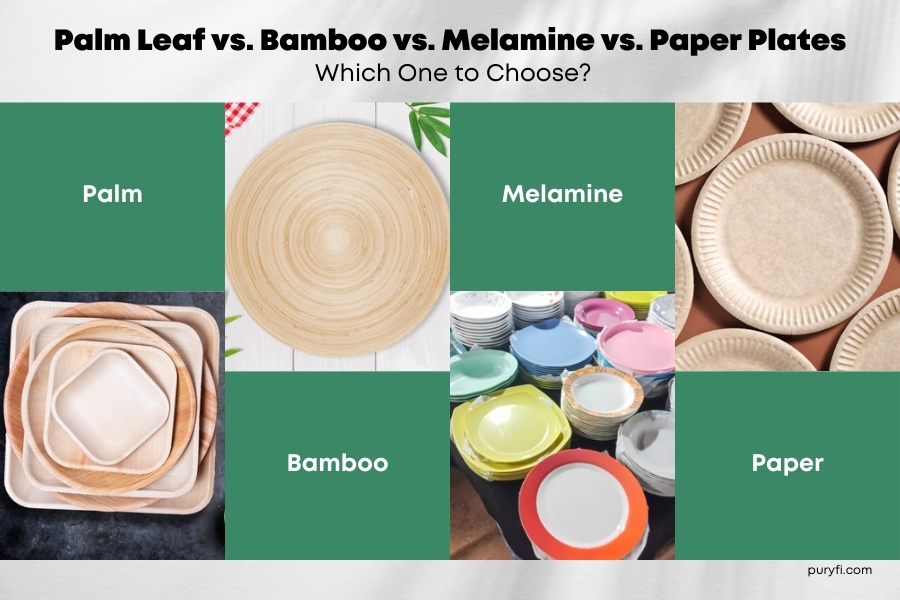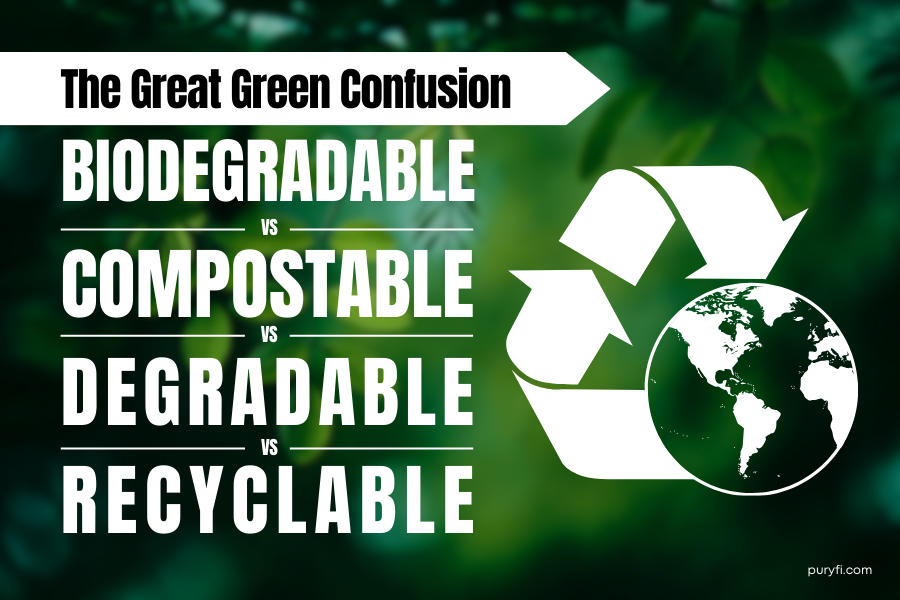
Sustainability is more than just a trend—it’s a commitment to reducing your environmental footprint and making choices that support the planet’s health. If you’re looking for simple, realistic ways to live more sustainably, here are five strategies you can start applying today.
Sustainability isn’t just the latest buzzword—it’s about making real, impactful changes to protect the environment for future generations. Think of it as a long-term investment in our planet’s well-being. It’s not about being perfect but making conscious choices that add up over time.
If you want to reduce your environmental impact in ways that fit into your everyday life, here are five practical strategies to help you get started. These tips are easy to incorporate into your routine, proving that sustainable living doesn’t have to be complicated—it’s all about small, consistent actions.
1. Opt for Reusable Products

One of the easiest ways to reduce waste is by replacing single-use items with reusable alternatives. Think about how often you use plastic bottles, straws, or grocery bags. By switching to stainless steel water bottles, reusable straws, and cloth shopping bags, you cut down on plastic waste dramatically. Investing in durable products not only helps the environment but can also save you money over time.
2. Support Local and Sustainable Brands

Buying from local and sustainable brands is a great way to make a positive impact. These companies often prioritize eco-friendly practices, from sourcing renewable materials to ensuring ethical labor practices. Shopping locally also reduces the carbon footprint associated with shipping. When you choose products that are made sustainably, you’re voting with your wallet for a better future.
3. Conserve Energy

Small changes can make a big difference when it comes to energy use. Start by switching to energy-efficient appliances and LED bulbs, which consume less power. You can also conserve energy by unplugging devices when not in use and setting your thermostat to an eco-friendly mode. Smart thermostats are a great tool, as they allow you to control your home’s temperature more efficiently, reducing your overall energy consumption.
4. Incorporate Eco-Friendly Tableware

Switching to eco-friendly tableware is a simple yet effective way to reduce your environmental impact, especially during mealtime. Products like palm leaf tableware offer a sustainable alternative to plastic or paper plates. Made from naturally fallen palm leaves, these biodegradable plates are perfect for picnics, parties, or even daily use. They’re sturdy enough to handle both hot and cold foods, and once you’re done, they break down easily without harming the environment. Incorporating such items into your routine is a smart way to reduce waste without sacrificing convenience.
5. Reduce, Reuse, Recycle
While this may sound familiar, it’s one of the most fundamental aspects of sustainability. Begin by reducing the number of products you consume—buy only what you need and avoid excessive packaging when possible. Reuse what you can, from jars to old clothing, and recycle materials such as paper, plastic, and glass. Don’t forget to compost organic waste, which can enrich your garden’s soil while keeping unnecessary trash out of landfills.
Conclusion
Living sustainably doesn’t have to be daunting. With small, actionable steps, you can effortlessly incorporate eco-friendly habits into your daily routine. Start by embracing reusable products like water bottles, bags, and utensils to minimize waste. Supporting brands that prioritize sustainability allows you to make an impact through conscious consumer choices. Adding palm leaf tableware to your household or events is another easy way to reduce your carbon footprint, as it’s both biodegradable and stylish. Remember, even the simplest actions—like conserving energy, reducing single-use plastics, or opting for eco-friendly materials—contribute to a healthier planet. Sustainability is not about perfection but progress. It’s about starting where you are, making mindful decisions, and building upon them over time. Each choice, no matter how small, holds the power to inspire others and foster a ripple effect. Together, we can create a greener, healthier, and more sustainable world for future generations.




